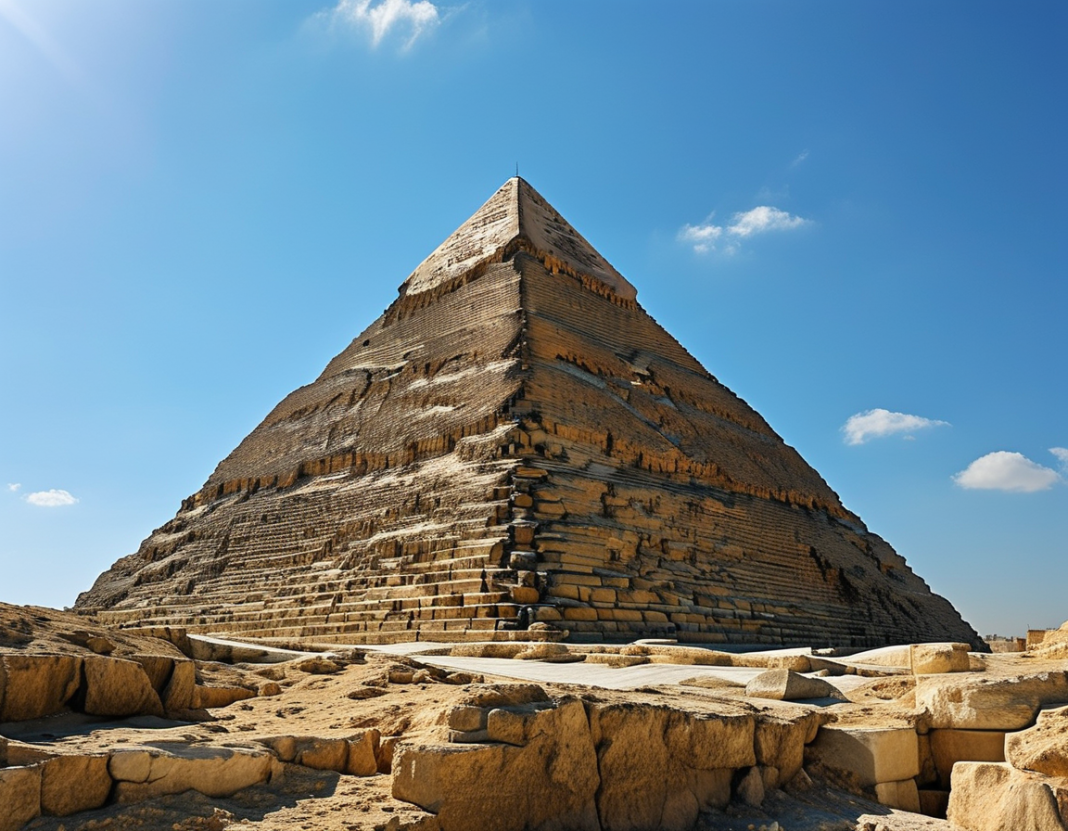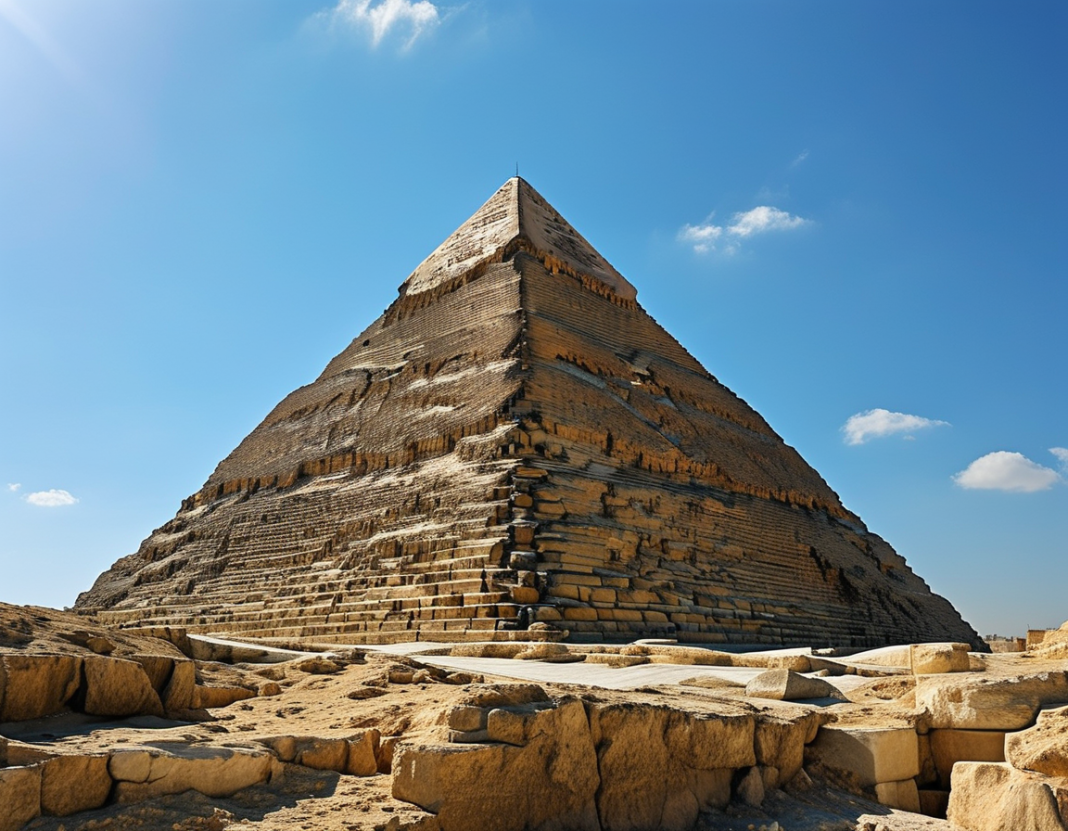The pharaohs of ancient Egypt are fascinating figures. They ruled with divine power. But how much do we really know about them? This article dives into their lives and the secrets they hold.
Rise to Power
Pharaohs ascended through bloodlines and divine favor. They were seen as gods on earth. This role was vital for maintaining ma’at, or order in society. Complex rituals marked their crowning ceremonies. The double crown of Upper and Lower Egypt was a key symbol.
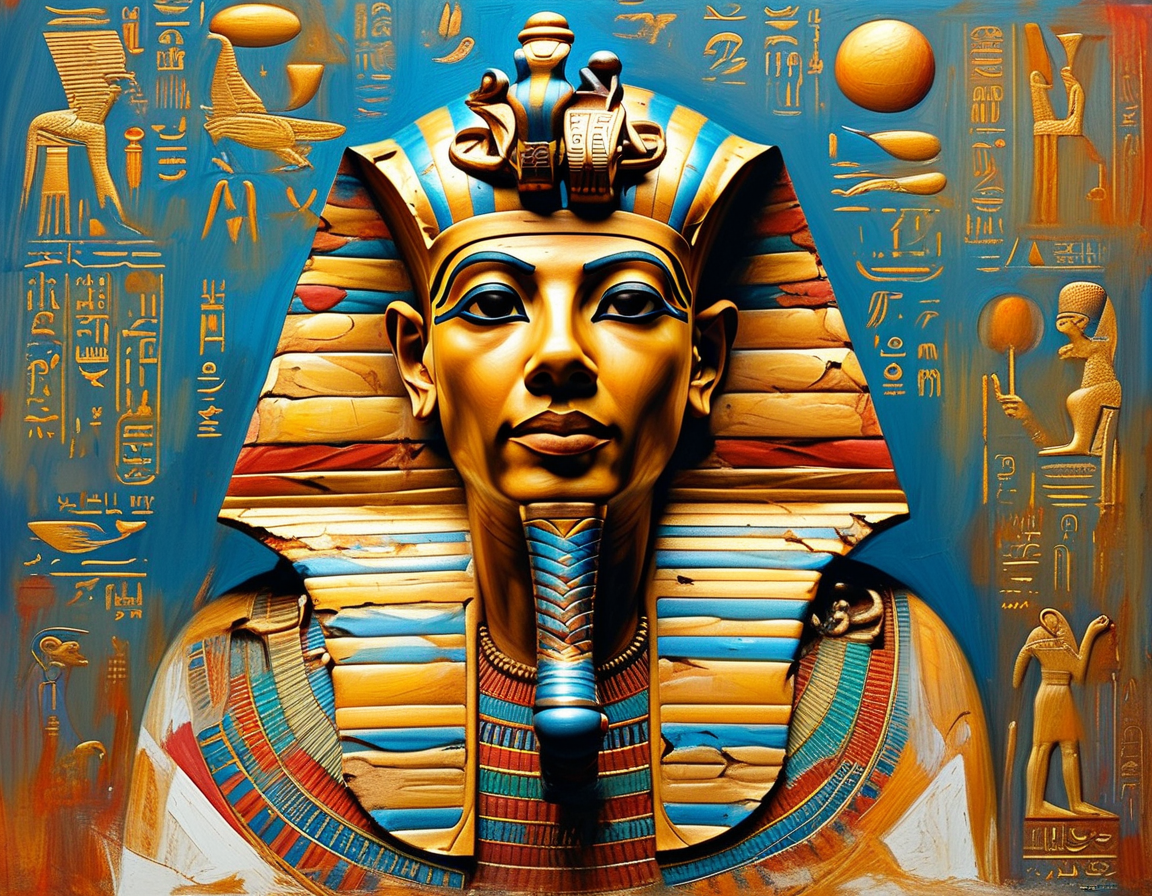
These rituals connected the pharaohs to the gods. Imagine standing in the midst of these ancient ceremonies. The weight of history rests on their shoulders. They were more than rulers; they were symbols of hope and order.
Famous Pharaohs
Let’s talk about Tutankhamun, the Boy King. He became pharaoh at just nine years old. His early demise left many questions. In 1922, Howard Carter uncovered his nearly intact tomb. The treasures found there captivated the world and ignited an infatuation with ancient Egypt.
Ramses II, however, is often dubbed Ramses the Great. His reign was marked by military might and architectural wonders. Think of the colossal temples at Abu Simbel. They still command respect and wonder today. His legacy is a blend of power and artistry.
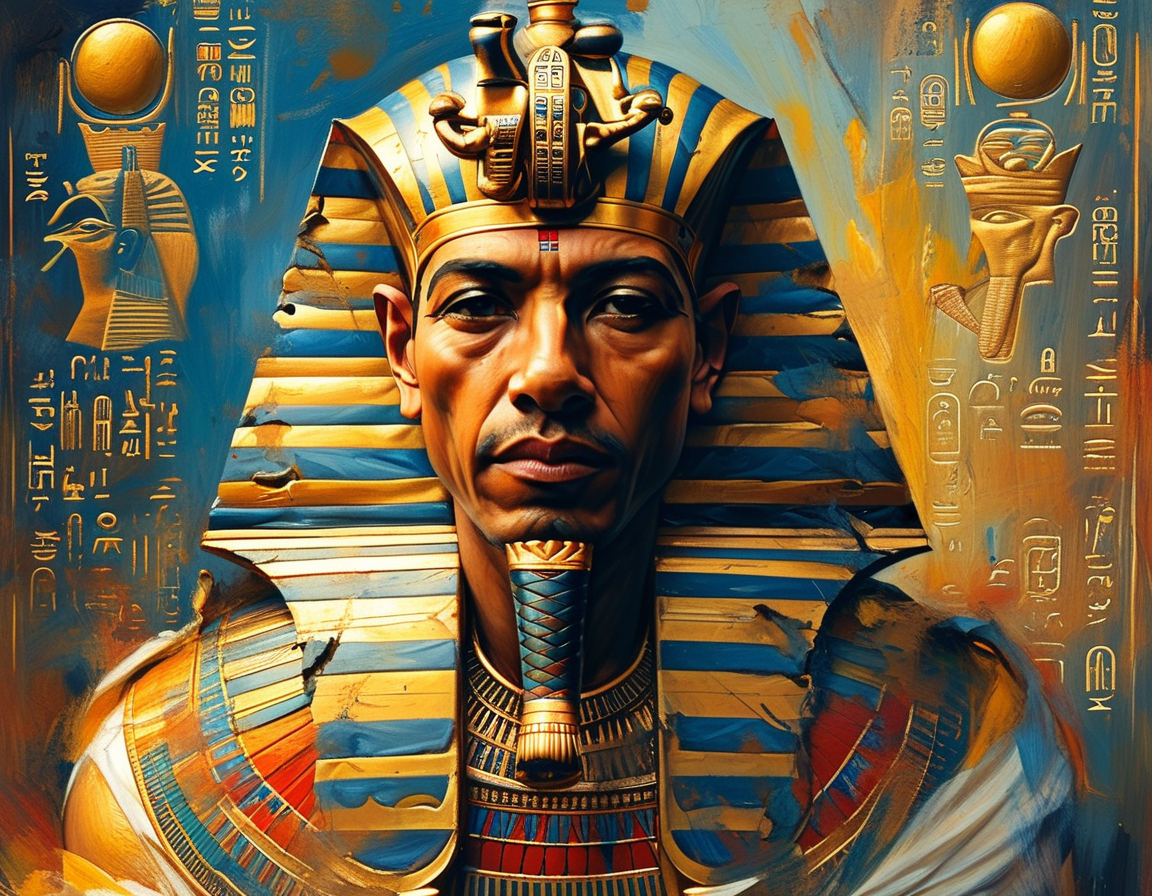
Then, there’s Cleopatra VII. She was not just a ruler; she was a political genius. Known for her liaisons with powerful Roman leaders, her decisions altered the course of history. Her reign symbolized the end of an era. With her death, Egypt became part of the Roman Empire. How did her story resonate with the world then?
Cultural Contributions
The pharaohs contributed vastly to art and religion. They built temples and monuments dedicated to gods and themselves. The Great Pyramid of Giza stands as a testament. It took decades to complete and showcases both innovation and ambition.
Moreover, pharaohs advanced medicine, astronomy, and literature. Can you imagine living in that time, witnessing these breakthroughs? Their legacy is a rich tapestry woven through the ages.
Daily Life and Administration
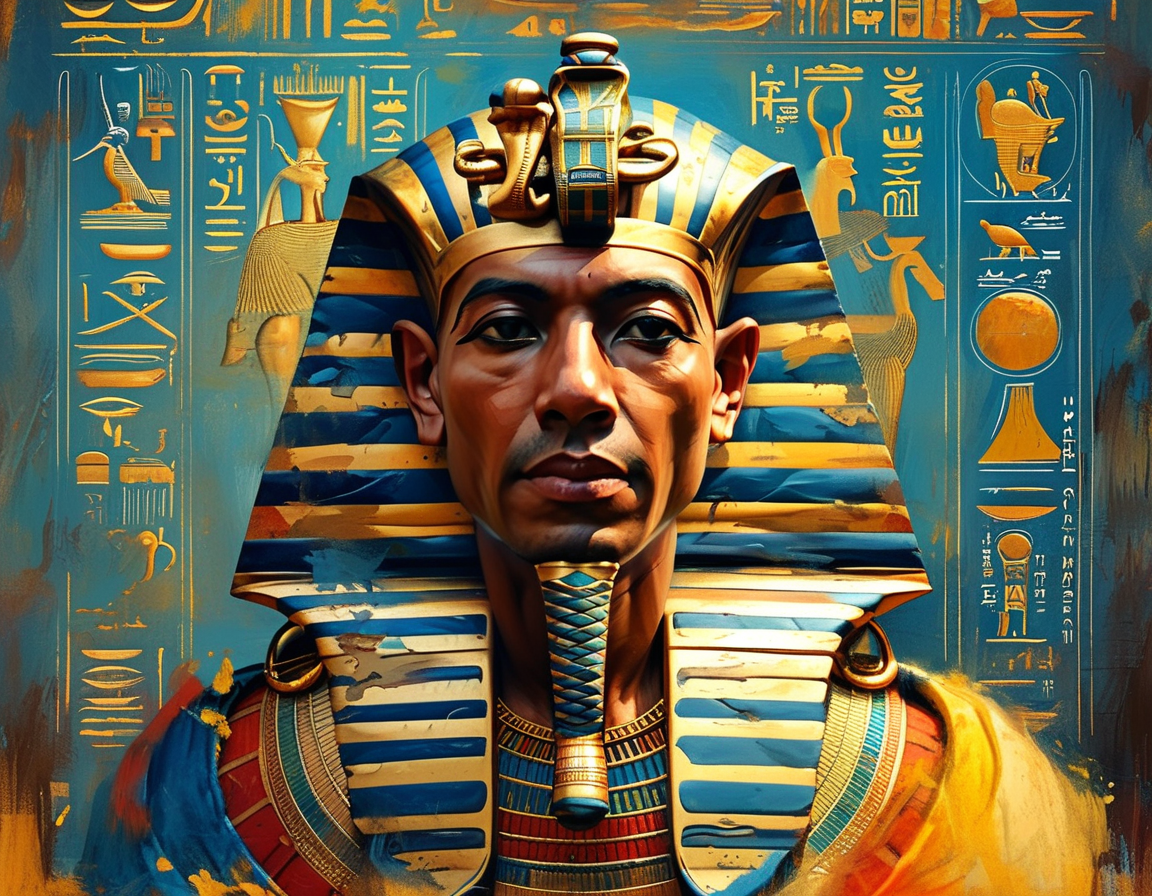
Life as a pharaoh was busy and complex. They managed everything from military campaigns to grand building projects. A network of officials, priests, and viziers supported them. This intricate bureaucracy ensured a functional state.
Every day involved making critical decisions. They brought stability but also faced immense pressure. Balancing divine duties with human imperfection must have been a challenge. Did they feel the weight of their crown?
The Enduring Legacy
The legacy of these rulers is profound. Their contributions influence modern culture, architecture, and governance. We still marvel at their achievements. The stories of their lives captivate our imagination.
Every ancient tomb, every artifact discovered, tells a story. What can we learn from the lives of these extraordinary figures? Engaging with their history may provide insights into our own society. Let’s embrace the lessons entwined within their narratives.

